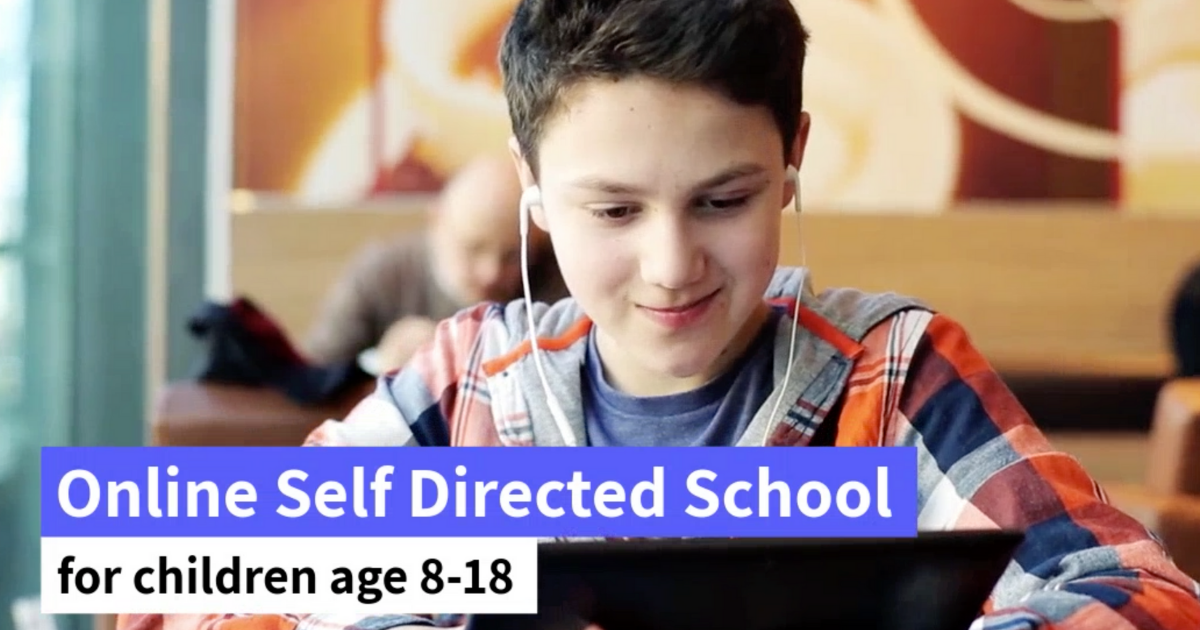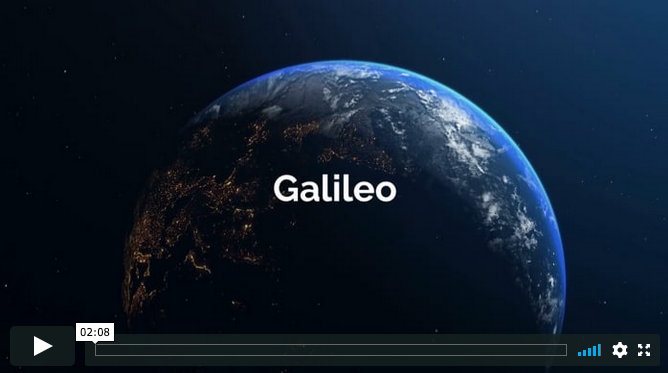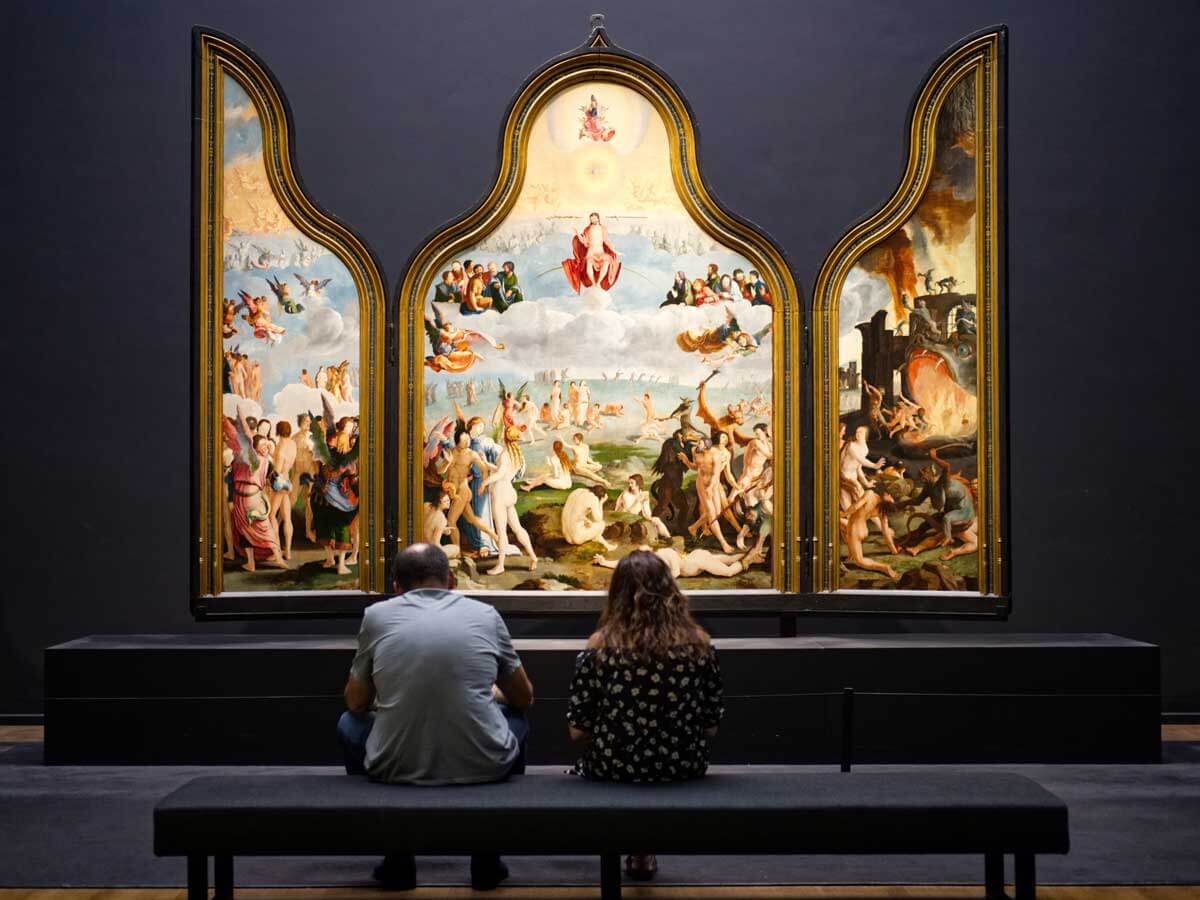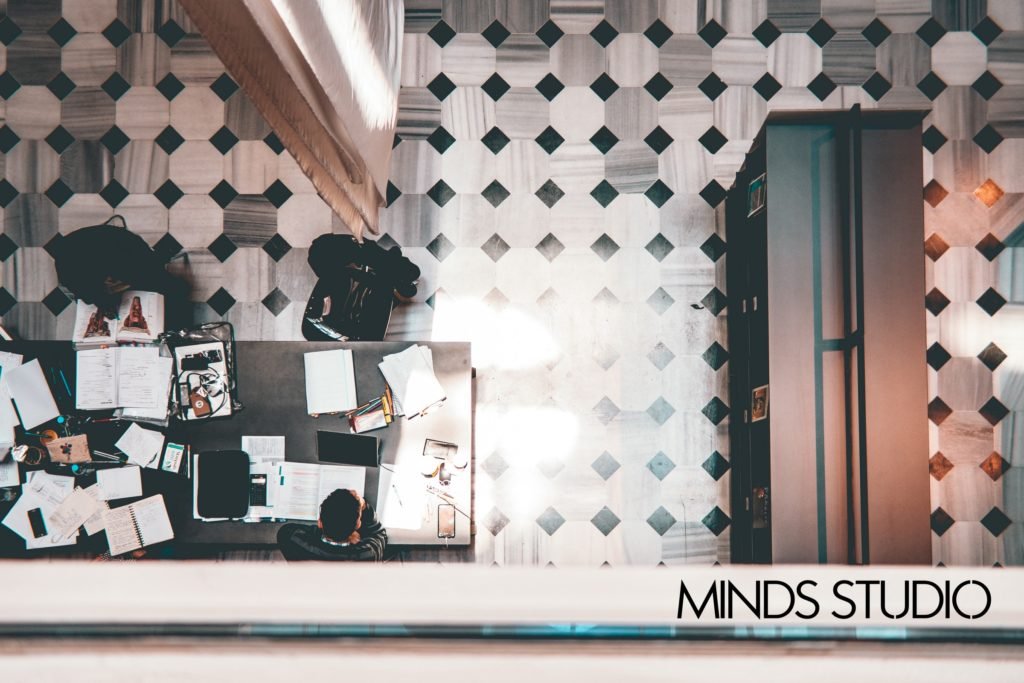The challenge
Following the 10-day Homeschool Global Summit and its success, many more families had become more interested in self-directed learning. Galileo challenged Minds Studio to create a new learning experience within a month, to keep them engaged.
The goal
After much discussion, the objective decided upon was to design 2-day activity to showcase and review the year at Galileo. At Minds Studio, we wanted to create a space for existing and prospective families to get a peek at how the Galileo community works. The target: Engage over 100 families in this unprecedented “global self-directed learners open day”.
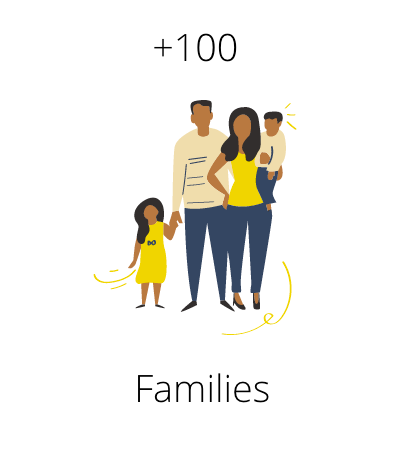
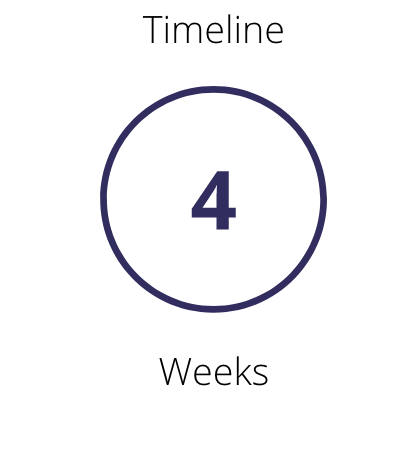
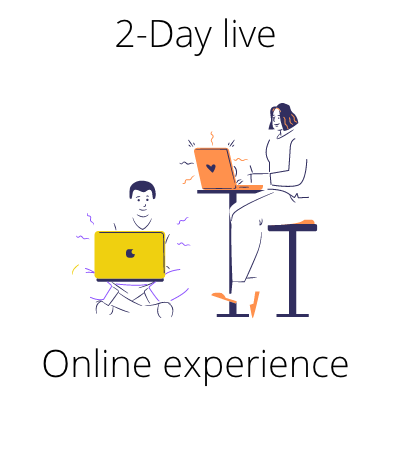
The solution
We decided on a creative, online, invite-only event with the aim of making a family-oriented experience that resembles a school family fair. It should reflect Galileo’s values and be active, engaging, and co-produced with the students.
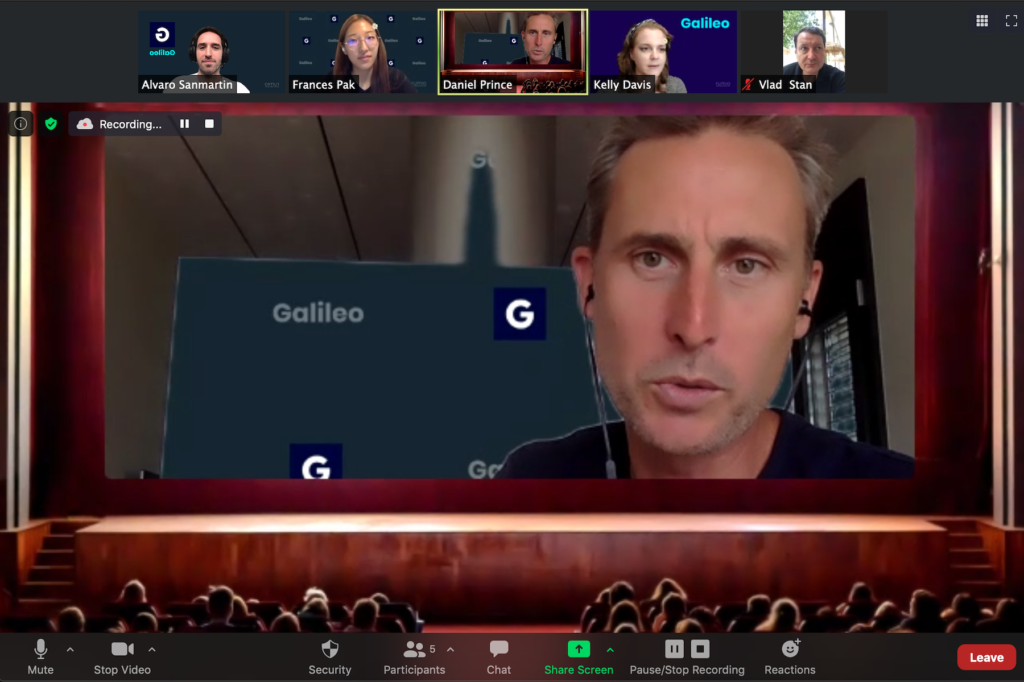
To do this, we decided to use a mix of live and interactive sessions, and a range of recorded content produced by the students and teachers at Galileo. We called this the Galileo Family Experience Days, or #FXP20.
The implementation
The platform of choice was Zoom, since it was the most familiar for families and students. The event was set to be two days long with keynote sessions for everyone across the world to join together. We prepared interactive sessions in smaller groups to accommodate different time zones. Some participants were joining from California, but we also had families connecting from Tokyo. We wanted everyone to feel welcome.
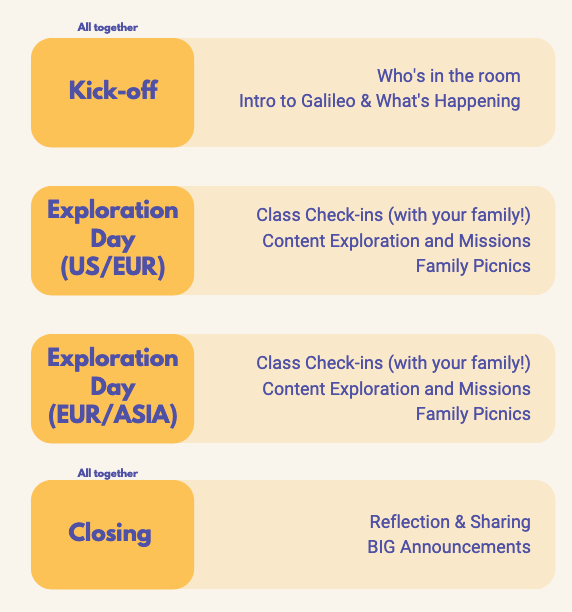
Minds Studio and Galileo teams worked together to help students and staff at Galileo create a video of whatever they wanted to showcase to the community. These were featured throughout the two days in different moments during activities that happened in different ZOOM rooms.
Guests, which included Galileo families, Galileo staff, +1s, and prospective families, would venture through various Zoom “rooms” for different parts of the program. The entire event was MCed by a Galileo father-daughter duo as well.
Results
Across the event, over 160 people registered for the event with over 120 in attendance during the opening ceremony. Students and staff showcased more than 30 videos throughout the event.
Many prospective families were able to get an inside look at what student lives are like at Galileo and what will be coming. On the one hand, Galileo families could experience some of their students’ school life. On the other hand, Galileo students had the opportunity to synthesize and share with each other the things they were proud of over the past year.
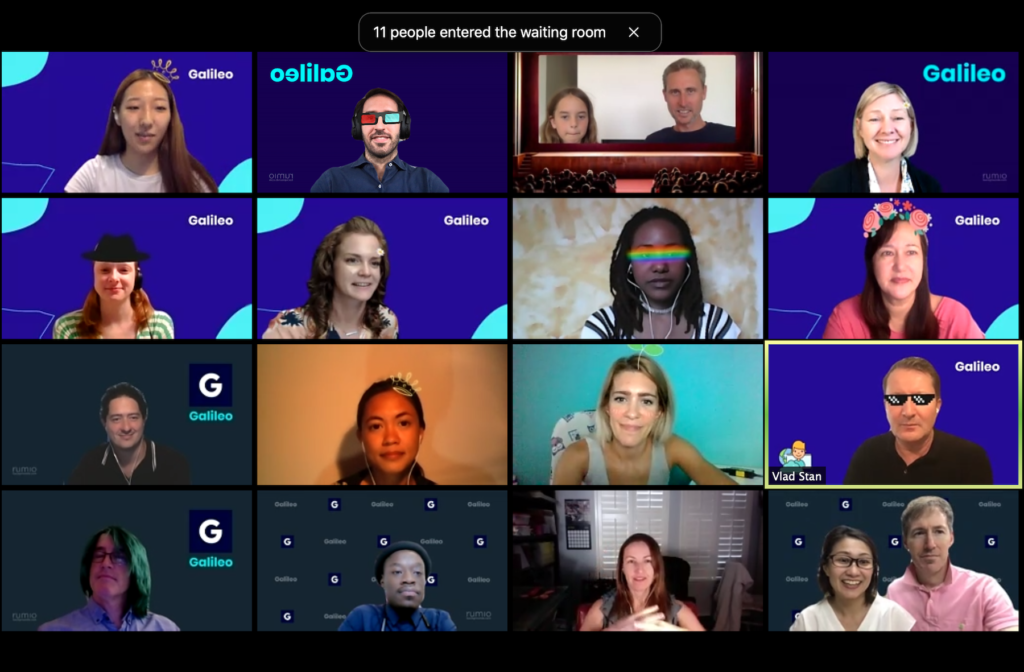
After the event ended, many parents and prospective families shared wonderful testimonials about their experiences, and Galileo enrollments have soared since then.
Learnings
One of the biggest takeaways after Galileo challenged Minds Studio to create a learning experience within a month, was to witness the power of self-directed learning. Students and children can handle more responsibility than one would think, when they are given a clear ambitious goal. For FXP20, students gave live presentations of their work in front of more than 100 people, and even MCed the entire event.
The project also allowed us at Minds Studio to get in-depth expertise of how to utilize ZOOM to design an engaging, live virtual experience for a global audience. We wanted to appreciate Richard Osborne’s help in configuring all the necessary Zoom rooms (around 50!)
Next steps
Following the end of FXP20, Galileo intends to continue running this activity again in the future. It could be either as an annual or biannual event to better engage the Galileo family as well as the people looking to join.
We have also explored other projects within the Galileo ecosystem and will share more about any of them become public.
